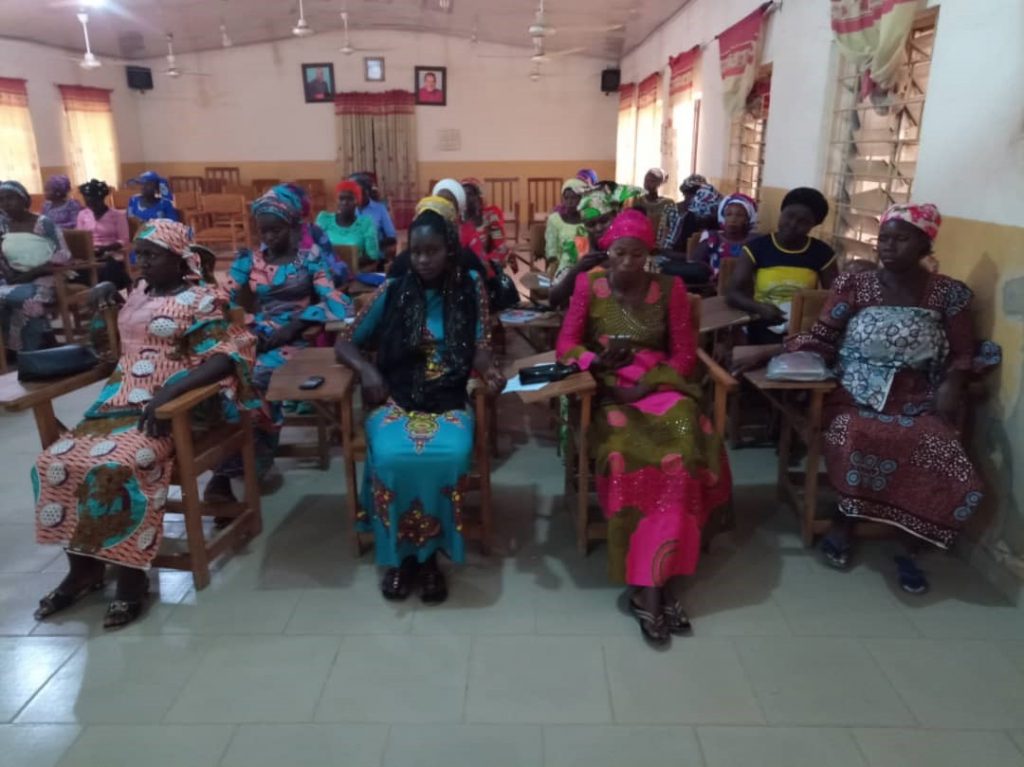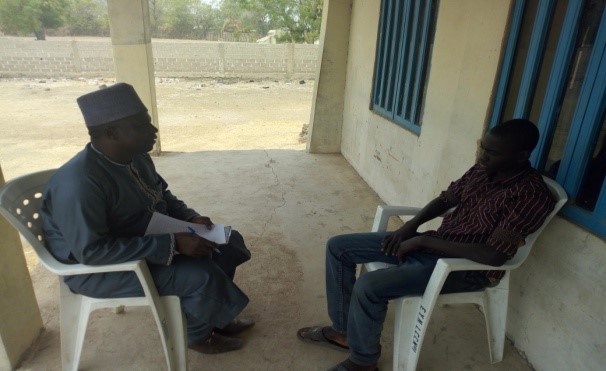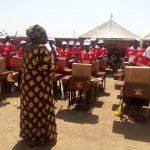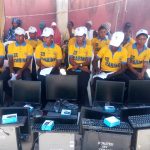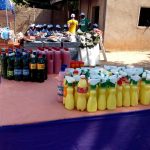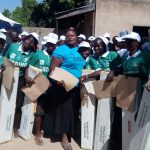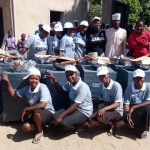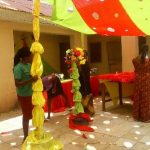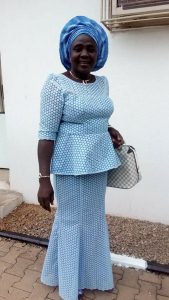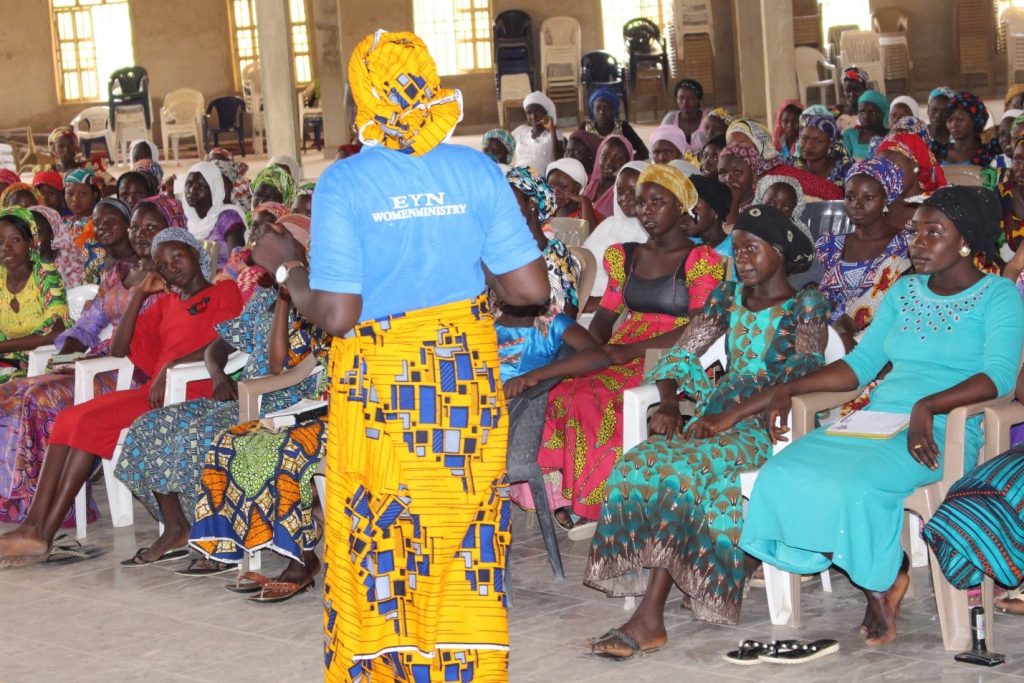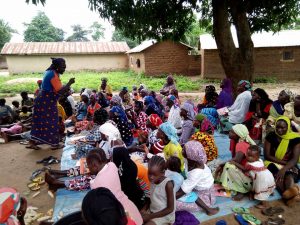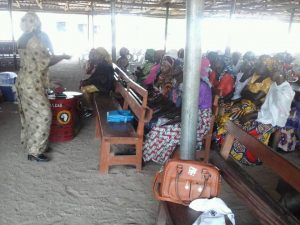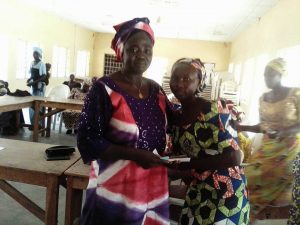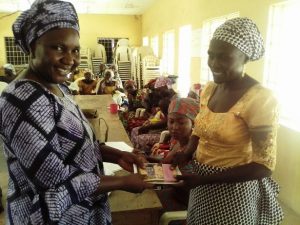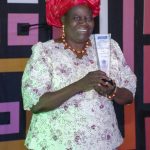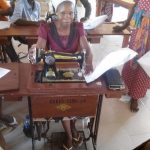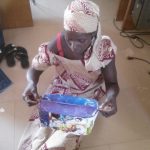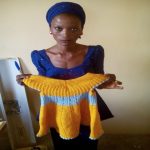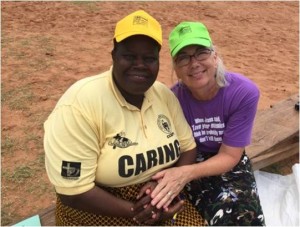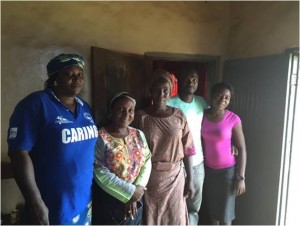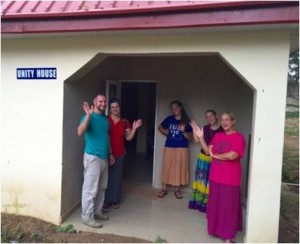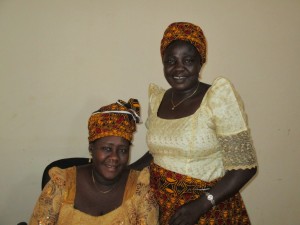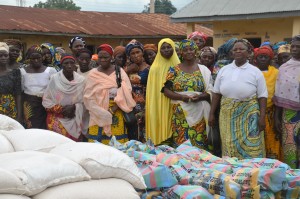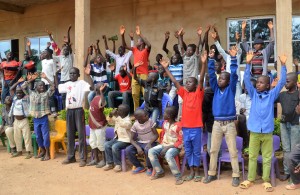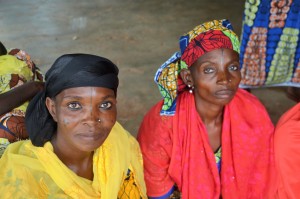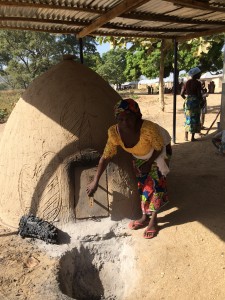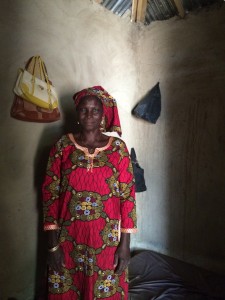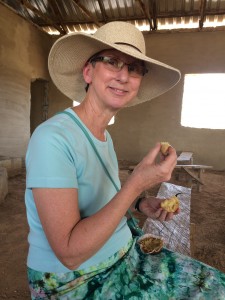By Janet Crago
Many Nigerian widows and children are having a very difficult time adjusting to their new family situation, and “moving on” with their lives. They’re often left feeling like “leftovers”. But, let me explain. Like widows in many places, they often don’t know what to do to survive, and in Nigeria, they often find themselves begging for help with their living situation and/or begging for money for the education of their remaining children. Many of the men and boys have been killed. Boko Haram doesn’t kidnap men. The men are slaughtered (i.e., throats cut). Sometimes they’ll even slaughter small boys. They only kidnap women and children. They’re the “leftovers” in this conflict.
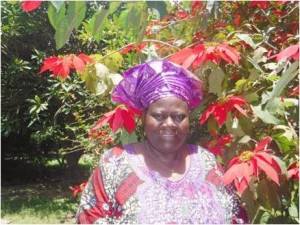
Dr. Rebecca Dali
As I talked to Rebecca Dali, who started the non-profit organization CCEPI (Center for Caring, Empowerment and Peace Initiatives), she told me that she’s recorded the names of over 10,000 widows who are the result of the Boko Haram insurgency. Many of them are very young, and almost all of them have multiple children, with very few boys still living. So, what are some of the problems faced by those newly widowed? —
- Virtually all of them live in poverty, and struggle daily to have enough to eat.
- Many have inadequate shelter. If they’re still living in their home area, most houses have been burned. If they’re displaced, they might need to go to a refugee camp or live with relatives. Traditional culture in Nigeria dictates that when a man dies his property becomes the property of the deceased man’s family, so the widow often cannot go back to the house she was living in even if it is still standing. Also, if a widow remarries, her children that were born from the marriage with her late husband now become the “property” of her deceased husband’s family. Unfortunately, children inherited in this way are sometimes abused, treated as house servants, and get very little education.
- If a woman manages to escape from Boko Haram and returns to her husband, she is sometimes rejected even by him. He can refuse to allow her back into her previous home. Even if he allows her to come back, sometimes his family will reject her and make her life miserable (i.e., she is now a “spoiled” woman!).
- Physically, the women who manage to escape from their Boko Haram kidnappers frequently come back home savaged and very thin. If they refused to convert to Islam, they were not allowed to eat until everyone else had their fill, which meant they very often went away hungry. The food and supplies furnished in the Boko Haram camps were stolen from villages they’ve invaded and destroyed. But, the women of the Boko Haram will not even share the necessary products for cleanliness, so any woman who escapes will come back very dirty.
The purpose of CCEPI is to assist women who became widows because of Boko Haram. CCEPI helps them learn skills to be able to live on their own, and operates a livelihood center where they teach knitting, sewing, livestock farming, and computer skills. They also have a department that assists widows who have been the target of gender based violence, an education department which assists widows and their children with school fees for the primary or secondary school of their choice, and a child protection department that takes care of orphans and displaced children. The children are assigned a guardian who ensures that they’re taken care of. CCEPI also has a Health department where widows can purchase common drugs. CCEPI also teaches sanitation skills and helps to provide shelter for the shelter-less.
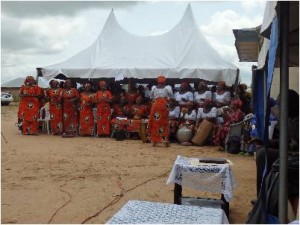
ZME – Women’s Ministry
But, CCEPI is not alone in these efforts. Widows are also getting help from the Church of the Brethren in Nigeria (known as the EYN). EYN now has a Director of Women’s Ministry, Suzan Mark Zira, who has started a very important ministry for the assistance of widows. Each DCC Secretary (District Church Council), and the Women’s Leader in that district, make a list of the widows in their district who need assistance. When this is done, the Women’s Ministry has planned a four-step process to help them. This four-step process is:
- Provide emergency relief assistance as needed
- Conduct Trauma Healing Workshops where needed
- Enable Skill Acquisition – The purpose is to enable them to earn enough money to live on their own. The Women’s Leader in each district is first trained in how to make the following products: liquid soap, Vaseline, room deodorizer, perfume, shampoo, Dettol (liquid antiseptic), and Izal (bleach). She then teaches the widows in her district how to make these products. Each are taught a different product so they don’t need to compete against each other.
- Provide money to start their businesses – Each widow is given just 2,000 Naira ($10) to start their business. They are also given the first products that they will sell. This gives each of them a start for their business.
To ensure that the money given to the women reaches its destination, the Women’s Leader from the district must sign for the money she will give to the widows in her district. Then the individual widows must sign when they receive it from the Women’s Leader of her district.
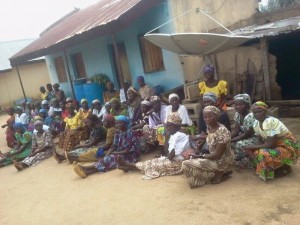
Widows (picture courtesy of EYN)
The Women’s Ministry has also given a very important Project Management workshop. They call the Women’s Leader, the Women’s Secretary, and the Women’s Treasurer from each district to come to a training workshop to teach them how to write reports so the Women’s Ministry can receive regular updates on what’s happening in each DCC. They’re also being trained on accountability and transparency, leadership and mentoring, and the ministry guidelines for a woman ministering to others.
This Women’s Ministry Program was established in the last six months. There are currently two women serving full-time in this ministry. They’re facing the following challenges:
- They don’t have a vehicle to transport the various ingredients they need to take to leaders who will then train others to make the products mentioned earlier.
- They don’t have adequate staff to accomplish their goals.
- They lack a stove for the preparation of their products.
- They need dedicated paid Women’s Ministry staff at the DCC level.
